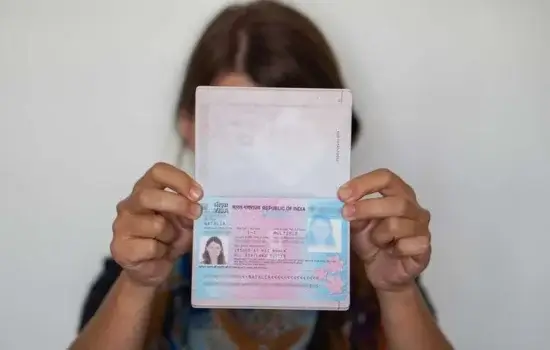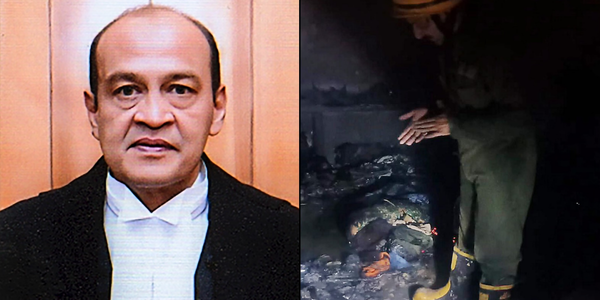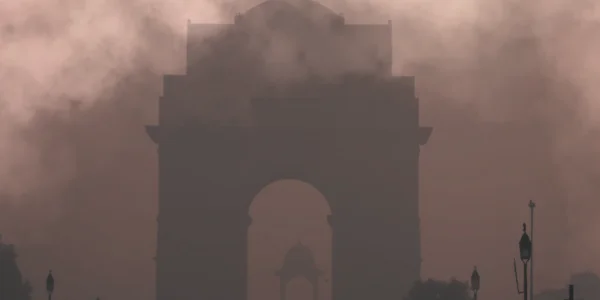India’s recent policy of denying visas to Canadian citizens advocating for Khalistan—a proposed independent Sikh state—has ignited significant controversy. Canadian media reports allege that India is “weaponizing travel visas to silence critics,” a claim based on interviews with Sikh Canadians who assert that Indian consular officials demand written renunciations of Khalistan as a condition for visa approval.
Allegations of Foreign Interference
The practice of requiring visa applicants to disavow the Khalistan movement is viewed by some as a form of foreign interference. Critics argue that such demands infringe upon individual rights and amount to coercion. The Global News report highlights that this tactic is perceived as part of India’s broader strategy to undermine the Khalistan movement within Canada.
Khalistani Leaders’ Experiences
Prominent figures within the Khalistani movement have reported personal encounters with these visa policies. Bikramjit Singh Sandhar, former president of the Guru Nanak Sikh Gurdwara in Surrey, British Columbia, applied for an Indian visa in 2016 but was denied. Indian consular officials in Vancouver allegedly flagged his application due to his public statements supporting Khalistan.

Diplomatic Tensions and Protests
The visa denials have exacerbated diplomatic tensions between India and Canada. Khalistani supporters in Canada have organized protests, demanding the severance of diplomatic ties with India and the closure of the Indian High Commission in Canada. These demonstrations have occasionally turned violent, targeting venues where Indian consular officials conduct community outreach.
India’s Stance on Khalistan Advocacy
India has consistently opposed the Khalistan movement, labeling it a threat to national sovereignty and security. The Indian government maintains that visa policies are a sovereign prerogative and that individuals advocating for the disintegration of India cannot expect unrestricted access to the country.
Impact on Canada-India Relations
The issue of visa denials to Khalistan supporters is a contentious point in Canada-India relations. The Canadian government has expressed concerns over India’s visa policies, viewing them as potential infringements on freedom of expression. Conversely, India has accused Canada of harboring separatist elements, leading to diplomatic strains.
Conclusion
India’s denial of visas to Canadian Khalistan supporters has sparked allegations of foreign interference and intensified diplomatic tensions. As both nations navigate these complex issues, the balance between national security and individual rights remains a focal point of debate.

